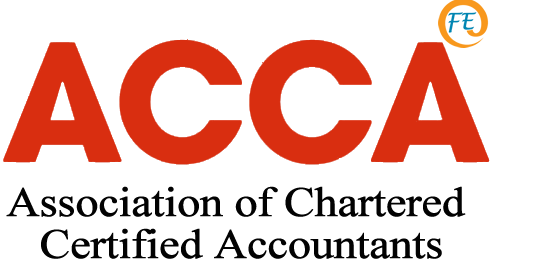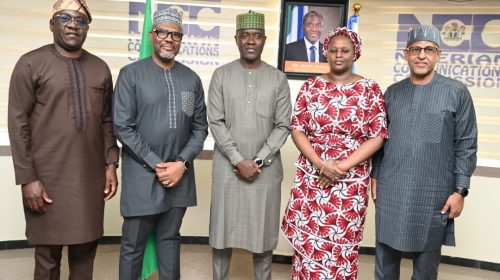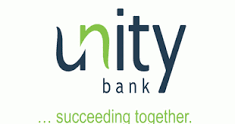Accountants across Nigeria must work with government to tackle its infrastructure gap

• Accountants must play a critical role in closing the infrastructure gap by improving the selection, financing and delivery of infrastructure projects;
• Governments need the right professional team in place to harness the benefits of additional investment while working to mitigate the significant risks associated with infrastructure projects;
• Nigeria is expected to invest $618 billion in its infrastructure between now and 2040, however it has a projected investment gap of $210.3 billion its public sector needs to plug
Infrastructure is critical for economic and social development around the world. From the transportation networks that enable people and goods to move around safely and effectively, to the utility systems providing power and services essential to survival. And these systems rely heavily on investments and funding.
ACCA’s (the Association of Chartered Certified Accountants) most recent joint report with Chartered Professional Accountants Canada, Bridging the African infrastructure gaphighlights in order for infrastructure projects to be successful, governments need the right team in place, which includes the professional accountant.
The term ‘global infrastructure gap’ identifies the difference between infrastructure investment needed and the resources available to meet that need. Nigeria will face a $210.3 billion gap according to estimated figures in the report.
African respondents from a survey of nearly 500 infrastructure specialists highlighted poor core public service infrastructure, railways, and water and sanitation as areas where the service provision falls below the global benchmark.
ACCA’s head of Nigeria, Thomas Isibor, says: ‘Across Nigeria there are a number of barriers that come into play when meeting our infrastructure needs. ACCA and CPA Canada’s joint report suggests African infrastructure and its perceived service quality fall considerably below the levels of global peers.
‘Our research highlights a clear need to prioritise tackling corruption in public infrastructure provision, and addressing a lack of political leadership. These remain the barriers to meeting African infrastructure need.
‘The projected figures in this report demonstrate the vast infrastructure gap Nigeria faces in the years to come, unless remedial action is taken by the public sector today.’
Davinder Valeri, director strategy, risk and performance at CPA Canada says: ‘Accounting is central to successful decision-making and professional accountants can provide relevant analysis and guidance, especially when it comes to building accountability into the process.Having an accountant’s skills and perspectives on an infrastructure project team can mean the difference between success and failure.’
The report offers 20 recommendations to close the infrastructure gap, based on observed global good practice. These include:
1. Create a vision of future infrastructure provision
Establish expert-led bodies to forecast infrastructure requirements and recommend projects on the basis of need
2. Get incentives right in financing projects
Monitor the interaction of off balance sheet liabilities and government fiscal targets
3. Tackle corruption and moral hazard
Professionalise the public sector finance function to empower public servants to challenge unethical behaviour







Leave a Reply